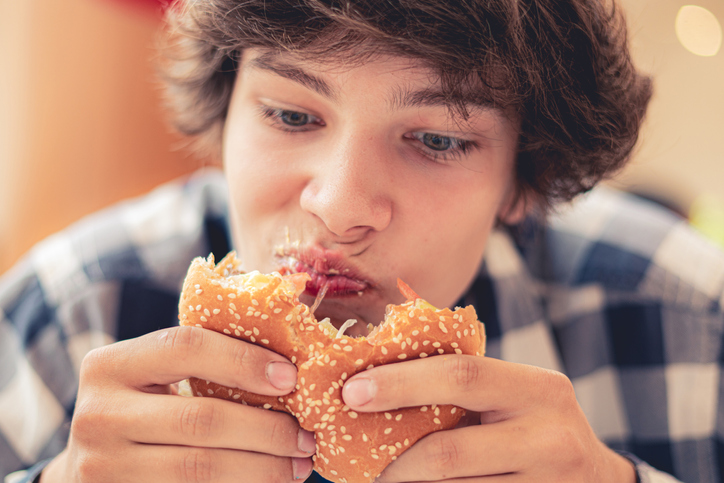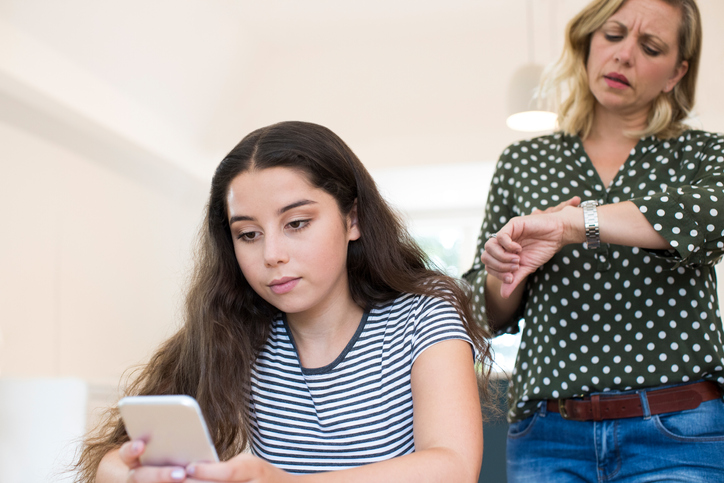Teens with ADHD Habits that Hurt their Mental Health and How to Change Them
 In the course of the past few months, I’ve seen a few major habits in teens that seem to be hurting their mental health more than help them. Here are my recent observations and some tips to turn these behaviors around.
In the course of the past few months, I’ve seen a few major habits in teens that seem to be hurting their mental health more than help them. Here are my recent observations and some tips to turn these behaviors around.
Too much time on social media
Social media not only seems to suck up time faster than you notice but it also is built so that people compare themselves to others. These comparisons are rarely favorable and people walk away with not feeling positive about themselves. As one adolescent girl told me, “No one ever posts pictures of their face mid-menstrual break-out or of their bombed test grade.” Teens especially feel pressured to keep up with friends, stay in touch and maintain an image that they’ve created. This creates more stress in their lives which interrupts their ability to reflect on themselves, what they think and create a sturdy sense of self. Tip: Schedule screen-free time during each day. Whether it’s during a meal or after-school to take a break, help teens create some screen-free time to give their eyes and their brains some much-need time away from technology to recover.
Eating fast food on the run
We are so much of what we eat and we eat non-nutritious food quickly, we’re not providing our brains or bodies with the appropriate fuel needed to think and function well. Sharing a meal is not only good for adolescent physiology but it also provides an opportunity for them to connect with people face-to-face and talk about our lives. During a sit down meal, our bodies slow down and properly digest our food so we can ::absorbe the nutrients and simultaneously take a much-needed break from the chaos of our lives. Tip: Create regular family meals in your routine. Set aside particular days and times when the family gathers together to share some nourishment. Engage your teen in cooking as well. This is a great opportunity for them to learn a useful and rewarding life skill as well.
Having arguments via texting or emailing
Nobody can take an emotional weather report via electronic communication. If you say something difficult or sensitive this way, there’s no way to perceive how your words affect the other person. You also may not perceive whatever feelings are brewing inside them. It’s easier to disengage and avoid accountability for your words and actions. Teens need to learn and practice interactional skills not only for healthy personal relationships but also for school, work and life situations where they have to deal with others. Tip: Assist your teen in dealing with issues more directly, either by phone call, Zoom or safely in-person. Help them come up with some phrases they can say and role play these conversations so they feel more comfortable and confident.
Giving up before they even start
Many teens with ADHD struggle with low motivation, negative outlooks and avoidance procrastination. They put off activities–homework, chores or hygiene–because they don’t enjoy them and may not see the value in them. Many kids have a history of not succeeding despite exerting themselves. They don’t believe that they can do anything differently now. An adolescent boy told me, “I’ve tried before and failed so why would it be any different now?” Tip: Break tasks down into smaller chunks. This will make projects more manageable. Help kids recall times when they made efforts and succeeded. Clarify what tools and actions they had used. Notice their efforting–their progress towards a goal and encourage them along the way.



